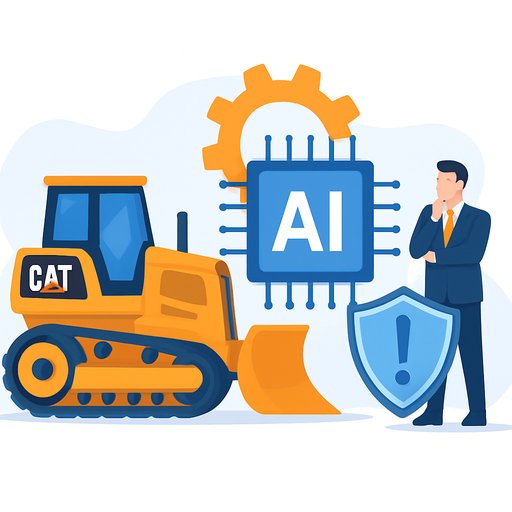Why Insurance Firms Should Adopt Agentic AI
A broker stares at a half-filled quote form, wondering why it hasn’t moved forward. A policyholder checks the claim status for the fifth time, frustrated by the silence. Across inboxes and dashboards, delays ripple through the system, costing time, trust, and revenue. Insurance firms need a solution, and agentic AI is emerging as a way to cut through the friction without losing control. These autonomous agents are quietly reshaping workflows, freeing human teams to focus on judgment, relationships, and strategy.
The insurance industry has long faced inefficiencies that frustrate employees and customers alike. Quoting cycles drag on for weeks. Renewals stall. Claims get stuck. Brokers lose patience, HR teams scramble, and members churn. Agentic AI offers a path to change this.
The Case for Agentic AI
Agentic AI responds to a clear demand for speed, accuracy, and improved customer satisfaction—areas where old systems fall short. Its most effective applications are already showing results. In broker quote intake, AI agents guide brokers through data collection, check for completeness, and direct cases to underwriting channels efficiently.
Service engagement improves as policyholders and HR teams get proactive updates on leave requests, billing inquiries, and claim status—without needing to chase human agents. Renewal cycles, long delayed by manual follow-ups, now benefit from AI-initiated outreach that flags missing information and keeps processes moving. Even claims and Letters of Authorization see faster intake, document collection, and timely updates.
Agentic AI is not about replacing jobs. Instead, it eliminates repetitive, rule-based steps in the customer journey. Cutting quoting automation processing times by up to 80% is achievable, transforming weeks-long delays into rapid resolutions.
The Rules That Guide AI
For agentic AI to work well and safely, it must integrate with core systems like CRM, policy administration, billing, and claims. It operates under strict technical, ethical, and operational rules. The AI needs to understand when to act, pause, or escalate issues. Transparency and explainability are critical—especially when coverage or financial decisions are involved. Compliance with regulations such as HIPAA, ERISA, and state laws remains essential.
Operational boundaries keep AI focused on routine, high-frequency tasks while humans retain control over exceptions and regulatory decisions. AI can collect missing quote data, verify documents, and prompt stakeholders automatically. But approving coverage, issuing denials, or making legally binding changes require human oversight.
Clear limits allow insurers to scale AI autonomy without losing governance. In many cases, AI enhances compliance by producing complete audit trails and ensuring no steps are skipped.
Redefining Human Expertise
Agentic AI changes how human expertise is applied rather than replacing it. By automating routine tasks and preserving human judgment, insurers gain speed, accuracy, and customer satisfaction. This lets people focus on what machines cannot do: think critically, advise, empathize, and build relationships.
Delays and bottlenecks erode trust. Agentic AI acts like a lubricant, speeding up workflows without compromising oversight. Brokers spend less time chasing forms and more time advising clients. Underwriters focus on complex cases instead of repetitive checks. Customer service teams manage experiences and provide empathy where it matters.
Organizations adopting agentic AI report higher broker engagement, faster onboarding, better member satisfaction, and reduced operational strain. Human capital becomes more focused, valuable, and fulfilled—not replaced.
For insurance professionals seeking to sharpen their understanding of AI’s role in the industry, exploring targeted AI training can offer practical insights and skills. Resources like Complete AI Training’s courses for insurance professionals provide hands-on learning tailored to real-world applications.
Your membership also unlocks:





